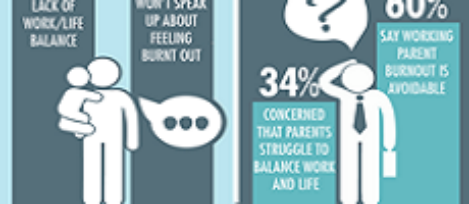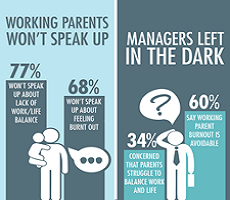October 20, 2015
Majority of US workers keep relationship with boss strictly professional 0
 Nearly three-fourths (74 percent) of US employees consider their relationship with their boss to be excellent or good. However, for many employees, that relationship does not extend out of the office. According to staffing company Spherion’s “WorkSphere” survey, American workers who have a boss are split on whether they consider him or her a friend — 49 percent say yes, while 51 percent say no. And, while 82 percent of employees who have a boss report socializing with him or her during work hours or at work-related events, fewer than half of these workers (46 percent) ever see their boss outside of the office, and 41 percent consider their relationship exclusively professional. However, nearly one in five (18 percent) are connected on their personal social media channels; with nearly twice as many workers ages 18-44 (23 percent) engaging with their bosses in this manner than workers ages 45-54 (12 percent).
Nearly three-fourths (74 percent) of US employees consider their relationship with their boss to be excellent or good. However, for many employees, that relationship does not extend out of the office. According to staffing company Spherion’s “WorkSphere” survey, American workers who have a boss are split on whether they consider him or her a friend — 49 percent say yes, while 51 percent say no. And, while 82 percent of employees who have a boss report socializing with him or her during work hours or at work-related events, fewer than half of these workers (46 percent) ever see their boss outside of the office, and 41 percent consider their relationship exclusively professional. However, nearly one in five (18 percent) are connected on their personal social media channels; with nearly twice as many workers ages 18-44 (23 percent) engaging with their bosses in this manner than workers ages 45-54 (12 percent).



















 A series of executive briefings taking place next week in Central London offers you the chance to learn about the next generation of technologies and their impact on the workplace, working practices and office design. Insight readers can enjoy a 15 percent discount by using this
A series of executive briefings taking place next week in Central London offers you the chance to learn about the next generation of technologies and their impact on the workplace, working practices and office design. Insight readers can enjoy a 15 percent discount by using this 















October 7, 2015
Why Jeremy Hunt is wrong about the need to work long hours 0
by Mark Eltringham • Comment, Flexible working, Wellbeing, Workplace
More →